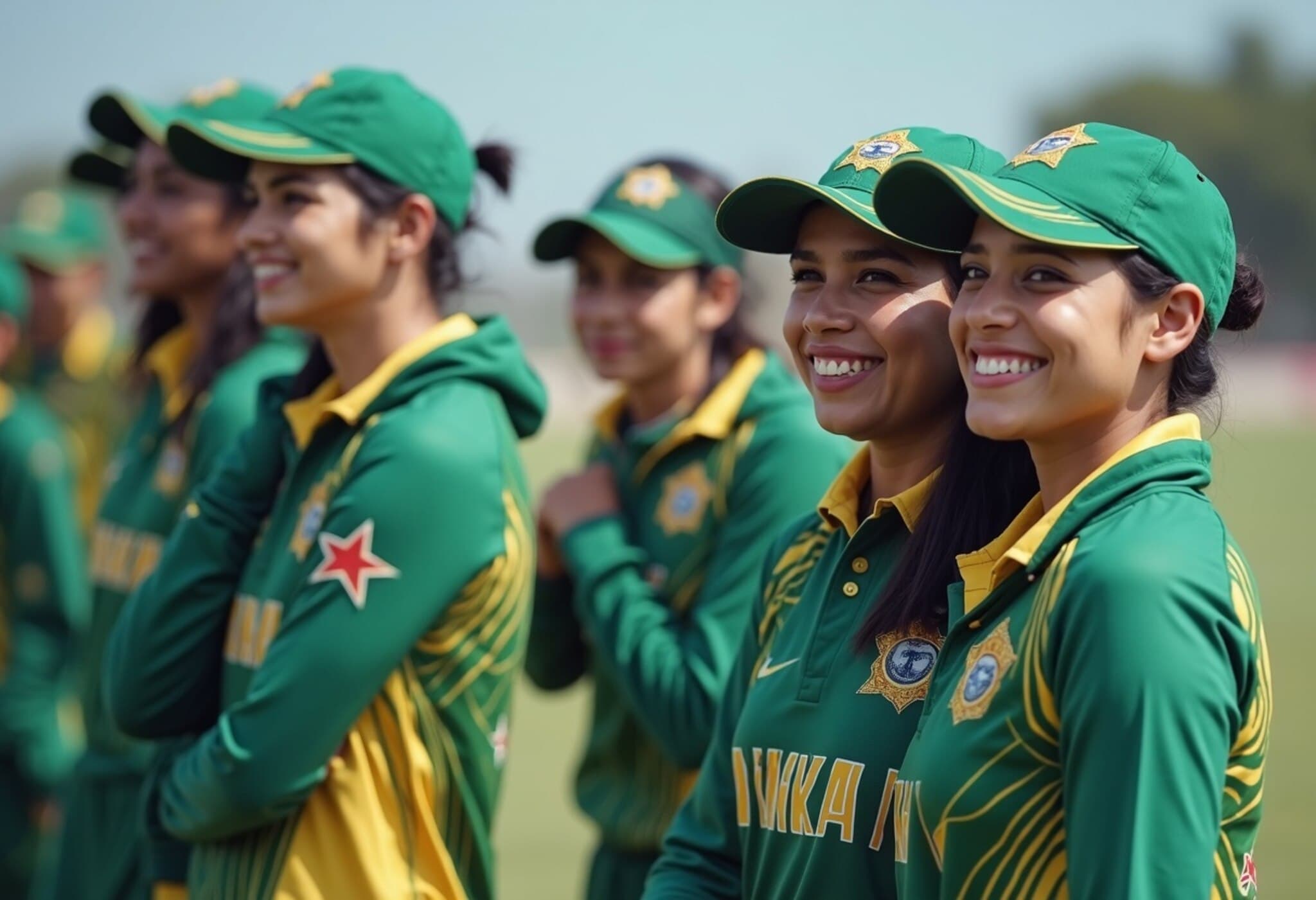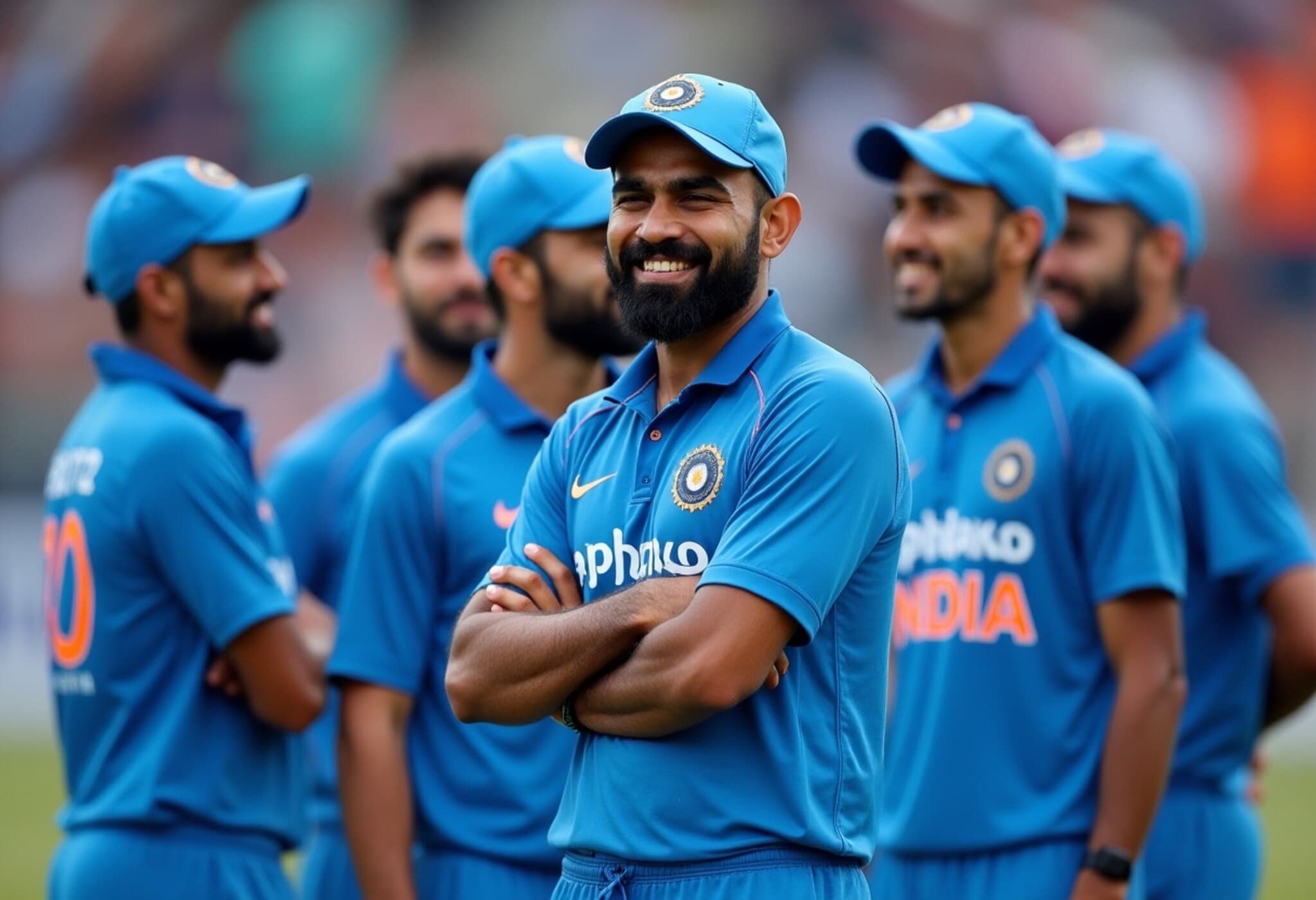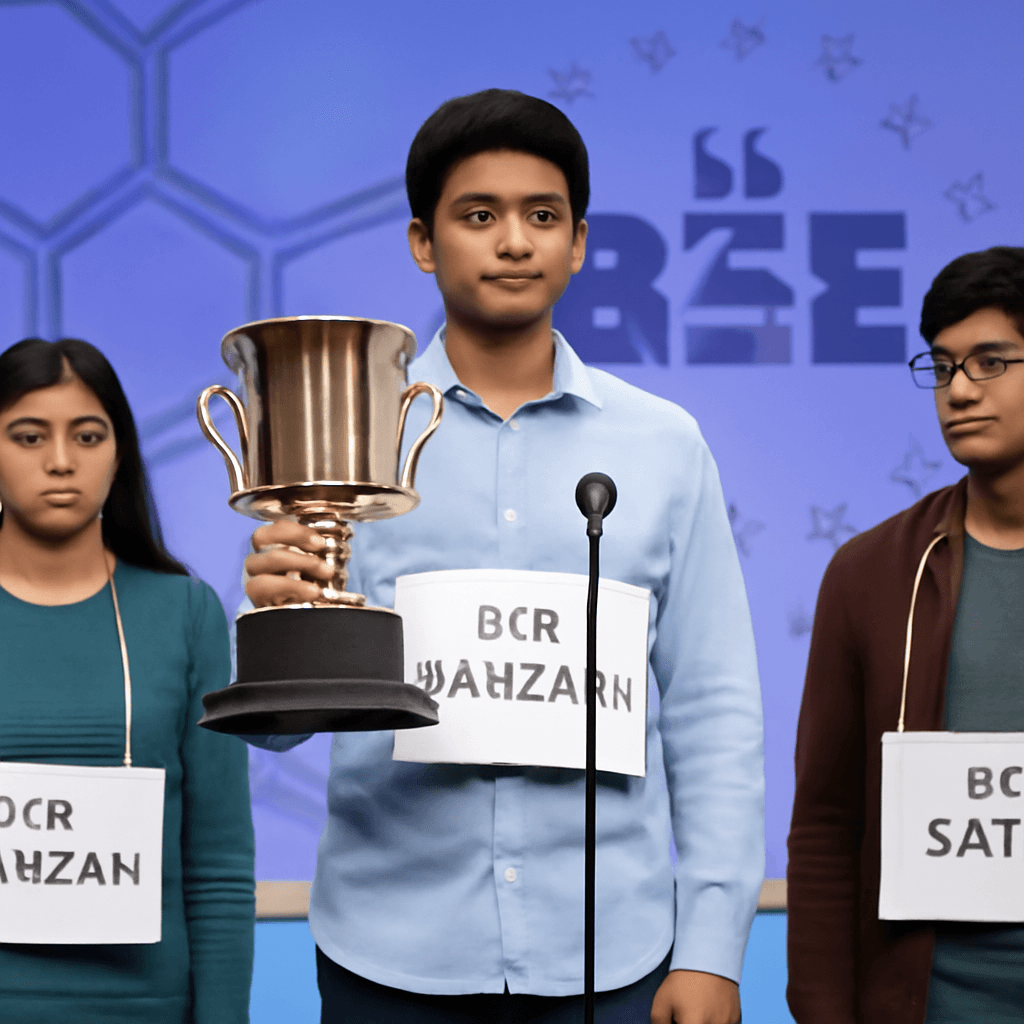World Boxing has announced a new policy mandating gender verification tests for all fighters participating in its sanctioned events, aiming to maintain fairness and safety in the sport. This decision follows controversies, notably involving Algerian boxer Imane Khelif, whose gender was publicly questioned after her performance raised doubts during competition.
The governing body revealed that all athletes over the age of 18 must undergo polymerase chain reaction (PCR) genetic testing prior to competing. This test detects the presence of the SRY gene associated with the Y chromosome to determine biological sex. Should initial testing indicate male chromosomal material in athletes competing in women’s divisions, further evaluations—including clinical genetic screening, hormonal profiling, and anatomical examinations—will be conducted by independent medical specialists.
National boxing federations will be responsible for administering these tests and providing certification to World Boxing before athletes are permitted to compete. The policy also outlines an appeals process to ensure fairness.
The immediate impetus for this measure was a dispute involving Imane Khelif at the previous Olympics, where her male opponent refused to face her, wrongly claiming she was not female. Despite the challenge, Khelif secured a gold medal and intends to defend her title at the 2028 Los Angeles Olympic Games. However, she has been informed she must successfully complete the gender verification procedure before competing in the upcoming Eindhoven Box Cup.
World Boxing’s initiative aims to safeguard the integrity of competitions and establish a level playing field, reflecting its commitment as the appointed organizer of boxing events at the Olympics. The move underscores the evolving landscape of sports governance in balancing identification, inclusion, and equity concerns.











